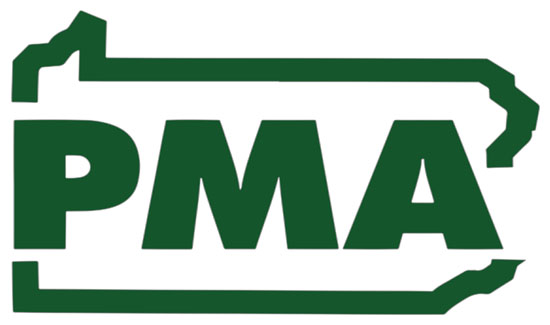A Hand Up, Or Kick ‘Em While They Are Down?

Two economic resurgence plans in Harrisburg couldn’t be more opposite in approach and effect.
The first, from the Senate Republicans, “Prioritize PA: Small Business,” offers real relief from tax rates and excess regulations. The other, the governor’s plan, encompassed both in his “Back to Work PA,” recovery plan and his budget proposal, uses the pandemic as an opportunity to expand government with higher taxes, more regulations, and increased government mandates.
“Through no fault of their own, many businesses, specifically small businesses, were forced to close as Governor Wolf’s shutdown orders were stricter, lengthier, and damaged more businesses than in any other state,” David N. Taylor, PMA President & CEO and Carl A. Marrara, PMA Vice President of Government Affairs, wrote in a letter of support of the Senate Republican plan. “There are many challenges that entrepreneurs face as they begin to recover and reopen to full capacity. But with every challenge comes an opportunity to rethink and better support our many industries. We certainty cannot tax our way out of this unfortunate situation, but with robust and sustained economic growth, our businesses can recover, our citizens can obtain meaningful work, and our state revenues will reflect this success.”
As Sen. Ryan Aument (R-Lancaster), a sponsor of five of the bills in the business recovery package, said in a press conference announcing the legislation: “While I fully understand the need to get the outbreak under control, limiting the ability for small businesses and their employees to survive financially – and in some cases, sending them into bankruptcy – without providing assistance from the same government that forced them to close in the first place is both wrong and immoral.”
Among other changes, the bills sponsored by Aument would create a temporary no-interest loan program for small business, a business improvement tax credit, and would provide relief for small businesses through a temporary change in the application of the Net Operating Loss (NOL) provision. The change would allow normally profitable businesses that experience a pandemic-related loss in 2020 to offset earnings from prior years or future years against current year losses and get refunds for prior years (carryback) or cut future tax bills (carryforward).
York County Republican Kristin Phillips-Hill has reintroduced legislation that would establish the Office of the Repealer, which would systematically identify and remove outdated regulations, which consume as much as 2.3 percent of GDP annually according to the World Bank and the Mercatus Center at George Mason University.
Sen. Phillips-Hill said: “Regulations are a self-made problem that are in part the result of choices made by the legislative branch of government. As a result, state agencies develop rules and regulations that place new burdens on small businesses. We must reverse this trend of growing regulations and the negative impact that it has on our economy.”
Legislation introduced by Camera Bartolotta (R-Beaver, Greene and Washington) and Senate Majority Leader Kim Ward (R-Westmoreland) would allow small businesses to take a net loss against other sources of income; permit small businesses to take the NOL against future years for up to 20 years; and temporarily allow small businesses to “carry back” losses to previous tax years.
In contrast, Governor Wolf’s plan is a nightmare for the private sector: double-tax the production of natural gas, the key input for thousands of products including personal protective equipment. Hike the personal income tax by 50 percent, the tax rate paid by more than 80 percent of PA’s businesses. Put the state minimum wage on a path to $15 an hour, a move a the non-partisan Congressional Budget Office shows will cost 1.4 million jobs if enacted nationally. Kill off more than 20,000 power plant jobs with the Regional Greenhouse Gas Initiative’s carbon tax.
This is the same governor who vetoed limited protections against lawsuit abuse for businesses, schools, and other entities that are following public health protocols during the pandemic. The legislature is reengaging on this issue with the leadership of both the PA House and Senate Judiciary Chairs (see more: here).
From the start, the governor’s office has continued to issue diktats in the guise of fighting the pandemic, even as the emerging science has questioned the effectiveness of the lockdowns. Now the General Assembly will respond and our hope is that these measures put Pennsylvania back on a road to recovery in more ways than one.







